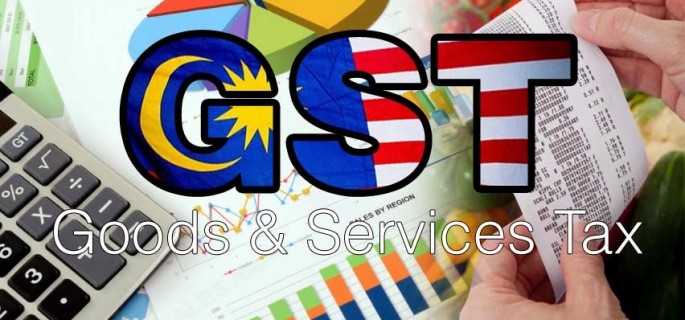How to Locate the very best GST Registration Services in Singapore Swiftly
How to Locate the very best GST Registration Services in Singapore Swiftly
Blog Article
From Beginning To End: The Ultimate Roadmap to GST Enrollment for Companies Seeking Financial Security
Browsing the intricacies of Goods and Services Tax Obligation (GST) registration is an important action for companies aiming for economic stability. From comprehending the basic principles of GST to abiding by post-registration guidelines, the process can appear discouraging initially glimpse. Nevertheless, damaging down the roadmap right into workable steps can streamline the enrollment trip for services wanting to boost their monetary standing. Let's discover the vital parts that make up this utmost roadmap and find just how each stage adds to laying a strong structure for economic success.
Recognizing GST Essentials
Looking into the essential concepts of Item and Provider Tax (GST) is necessary for getting a thorough understanding of its ramifications on businesses and the economy. GST is a value-added tax obligation imposed on the majority of products and solutions for domestic intake. It has replaced numerous indirect tax obligations that existed in the pre-GST period, streamlining the tax obligation framework and enhancing ease of doing business in India. Under the GST system, both goods and services are tired at a particular price, which is identified based upon their classification. Companies are required to register for GST if their yearly turn over exceeds the threshold restriction established by the government. Input Tax Obligation Credit Scores (ITC) is a substantial attribute of GST, allowing services to claim credit rating for taxes paid on inputs, lowering the general tax worry. Comprehending the essentials of GST is important for companies to follow tax obligation regulations, handle their finances effectively, and add to the country's economic growth by taking part in a transparent tax obligation system.
Eligibility Standards for Registration
To register for GST, companies need to meet certain eligibility requirements developed by the government. The main eligibility requirement is that any organization entailed in the supply of goods or services with a yearly accumulation turnover over the threshold restriction set by the authorities have to sign up for GST. Since the existing regulations, the threshold limitation for GST enrollment is an annual aggregate turnover of 40 lakhs for services operating within a state, with the exception of unique category states where the limitation is 20 lakhs. Additionally, particular companies are required to sign up for GST regardless of their turnover, such as interstate distributors, laid-back taxable persons, and organizations reliant pay tax obligation under the reverse fee system. It is crucial for organizations to completely analyze their turn over and transaction kinds to determine their GST registration commitments precisely. Failure to register for GST when eligible can result in fines and lawful consequences, making it vital for businesses to follow the defined eligibility requirements.
Documents Required for Enrollment
Having fulfilled the eligibility standards for GST enrollment, companies need to currently guarantee they have the requisite documents in location to continue with the enrollment procedure effectively. The papers required for GST enrollment normally include evidence of service constitution, such as partnership act, registration certification, or consolidation certification for different kinds of services. Additionally, services require to offer documents establishing the see major place of service, such as a rental contract or electrical power costs.
Step-by-Step Registration Refine
Beginning the GST registration process includes a collection of structured actions to make sure a smooth and compliant registration for services. The initial step is to see the GST portal and fill up out the enrollment type with precise information of the company entity. Following this, the applicant obtains a Momentary Reference Number (TRN) which is utilized click now to return to the application process if it's not finished in one go.
Following, all called for documents as per the list given by the GST portal demand to be uploaded. These files normally consist of evidence of business identity, enrollment and address evidence of promoters, financial statements, and business entity's PAN card.

Post-Registration Conformity Standards

Conclusion
In verdict, businesses looking for financial security should understand the basics of GST, meet eligibility criteria, gather essential papers, follow the detailed registration procedure, and adhere to post-registration standards - Best GST registration services in Singapore. By adhering to these actions, services can ensure conformity with tax laws and keep financial security in the future
Additionally, certain services are required to register for GST irrespective of their turnover, such as interstate distributors, informal taxed individuals, and companies accountable to pay tax obligation under the reverse cost device.Having actually satisfied the qualification criteria for GST registration, organizations need to now guarantee they have the requisite papers in place to continue with the registration process successfully. The records required for GST enrollment commonly consist of proof of organization constitution, such as partnership act, enrollment certification, or unification certificate for different types of services. Additionally, organizations need to his explanation offer documents developing the principal area of business, such as a rental agreement or electrical energy bill.Beginning the GST enrollment procedure entails a series of organized actions to guarantee a smooth and compliant enrollment for services.
Report this page